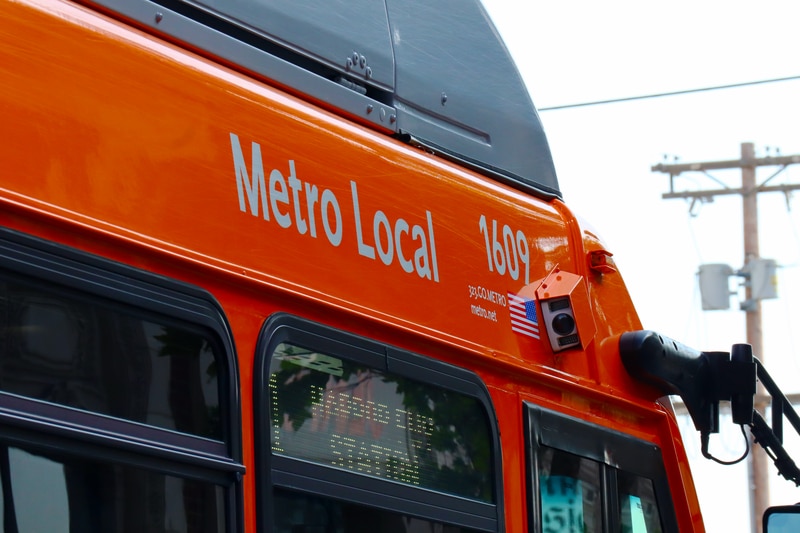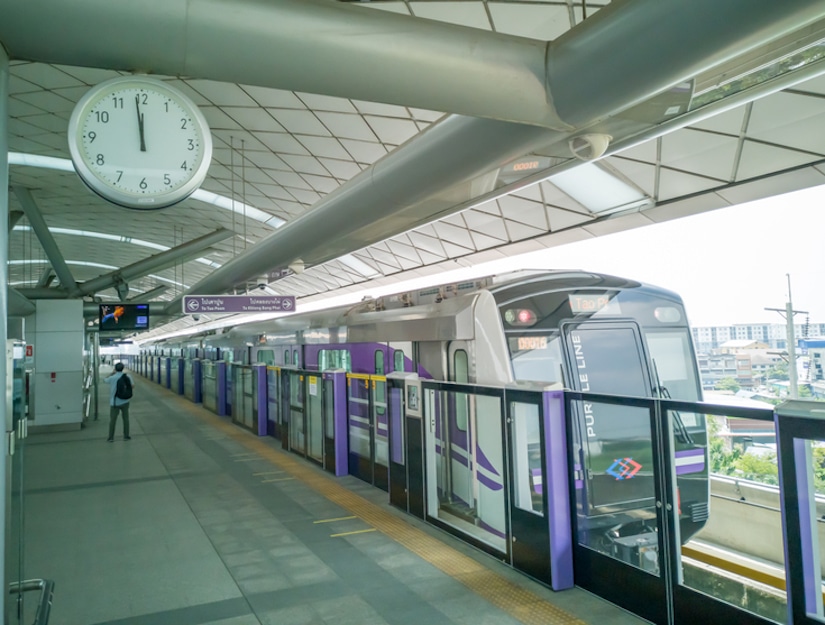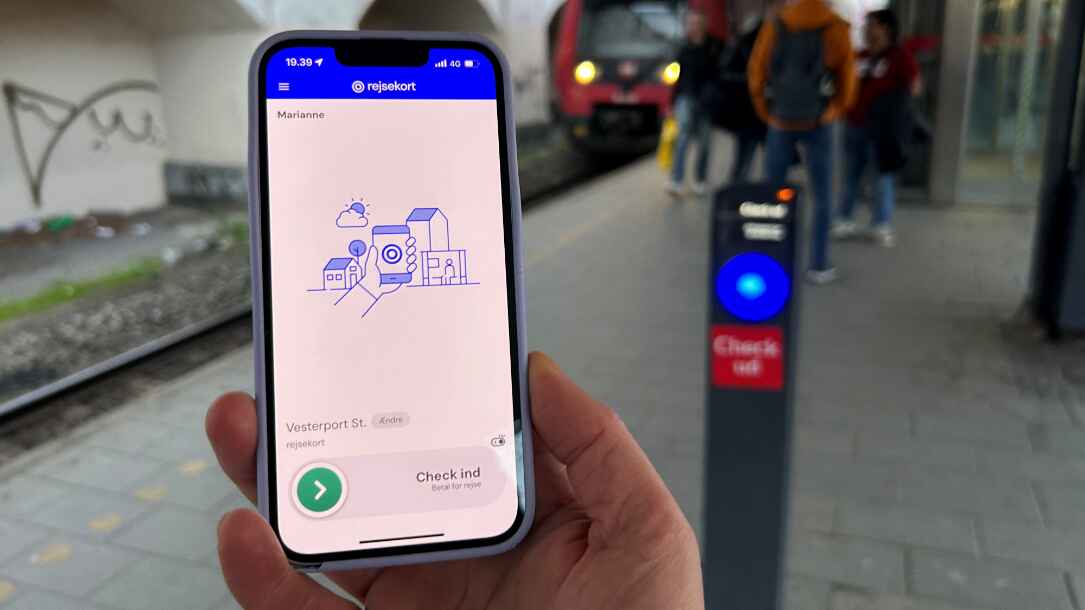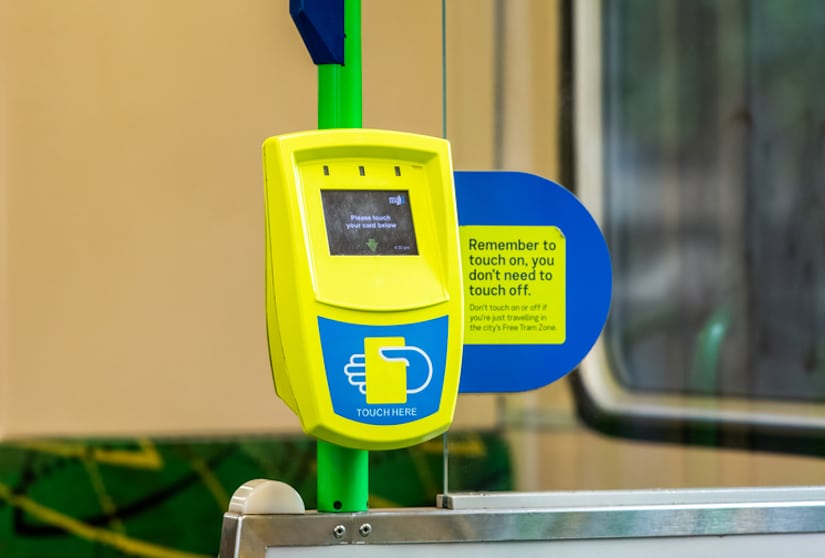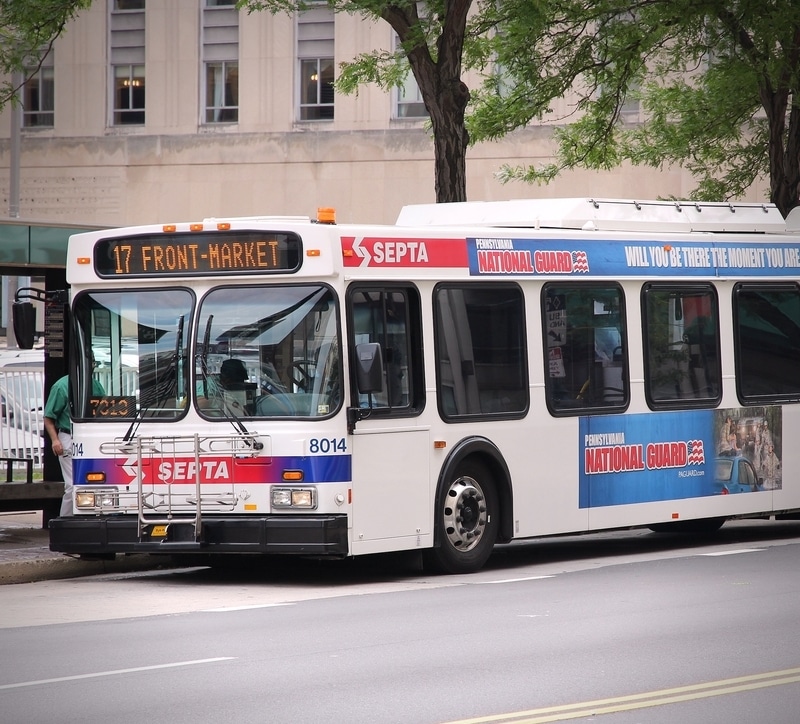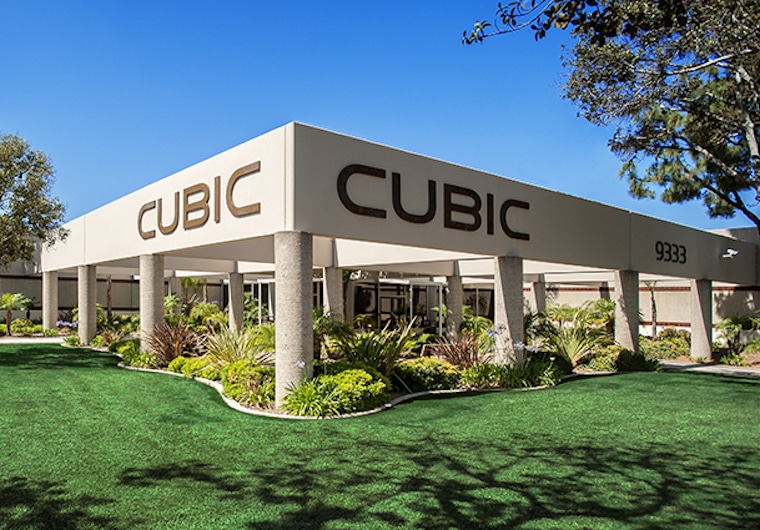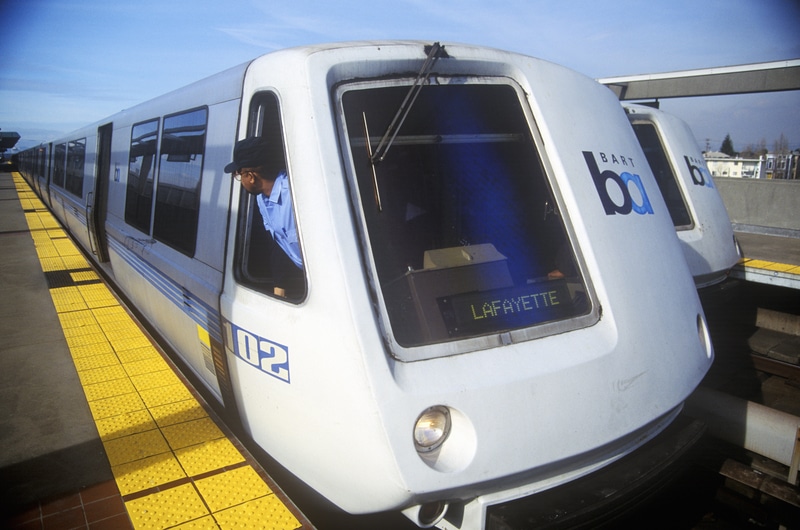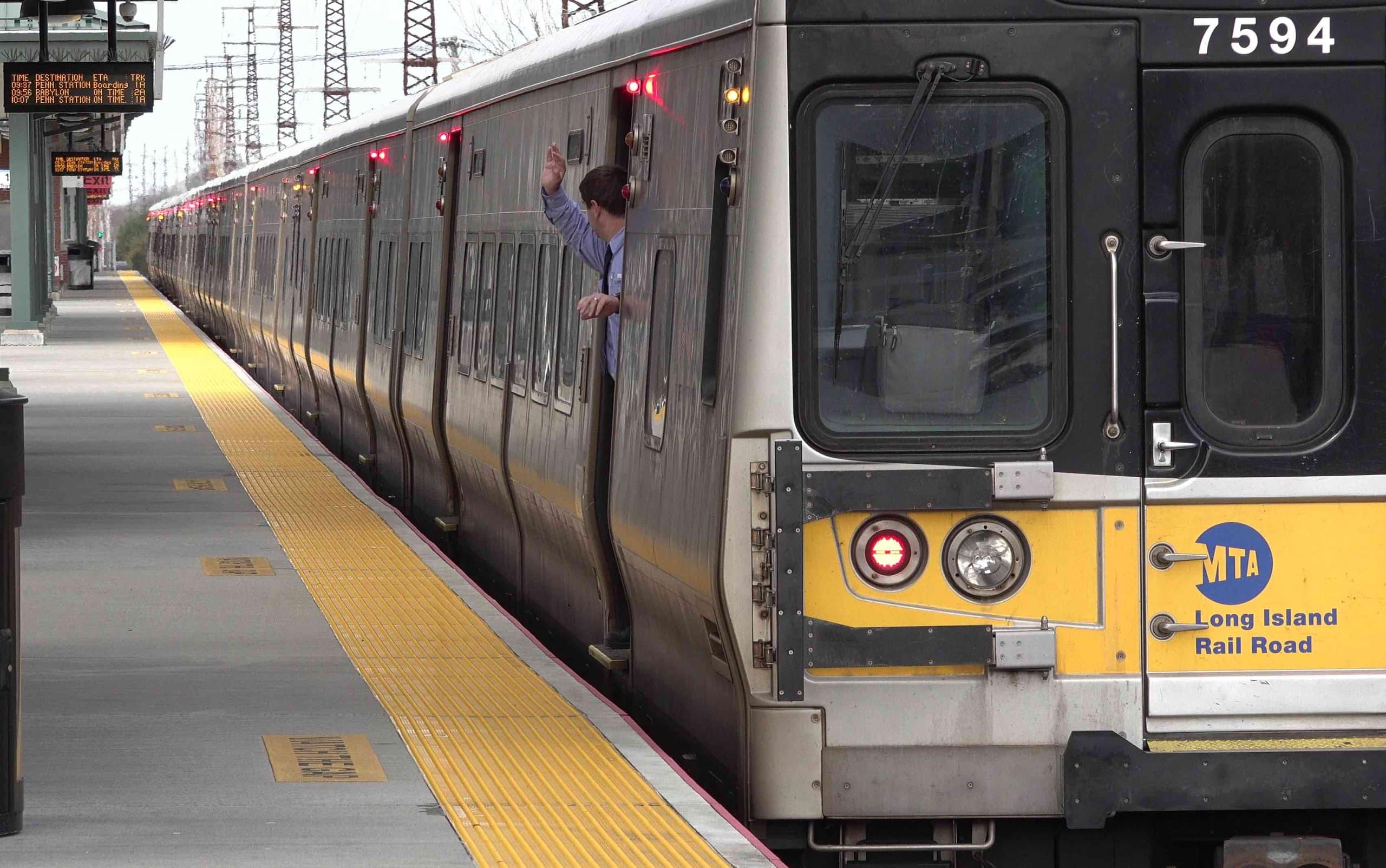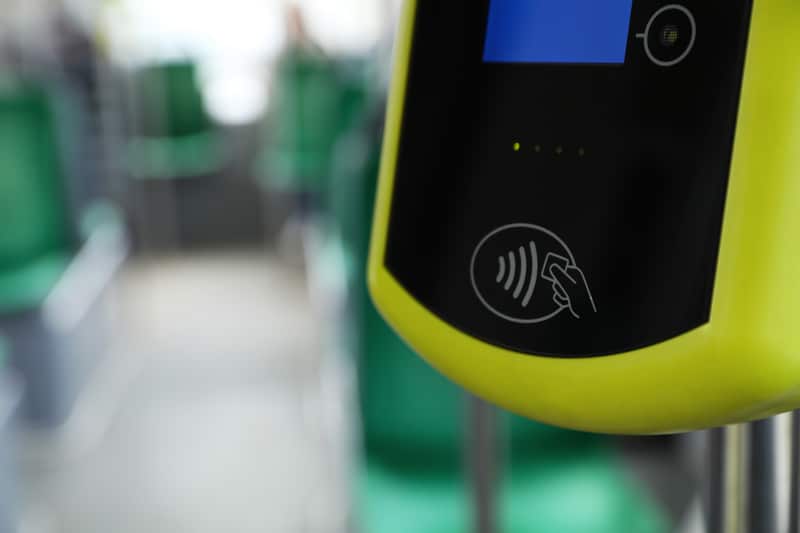
Article Highlights
Transit agencies in the U.S. could be able to buy fare validators through a federal government procurement program administered by the U.S. General Services Administration, as part of an initiative by the California Integrated Travel Project, or Cal-ITP.
The Cooperative Purchasing Program allows state, local and other government agencies to buy IT, security and other products and services through the MAS program, which is usually reserved for federal agencies. For the IT sector alone, there are more than 7.5 million products, services and solutions from over 4,600 “pre-vetted vendors,” GSA said.
Transit agencies in the U.S. could be able to buy fare validators through a federal government procurement program administered by the U.S. General Services Administration, as part of an initiative by the California Integrated Travel Project, or Cal-ITP.








